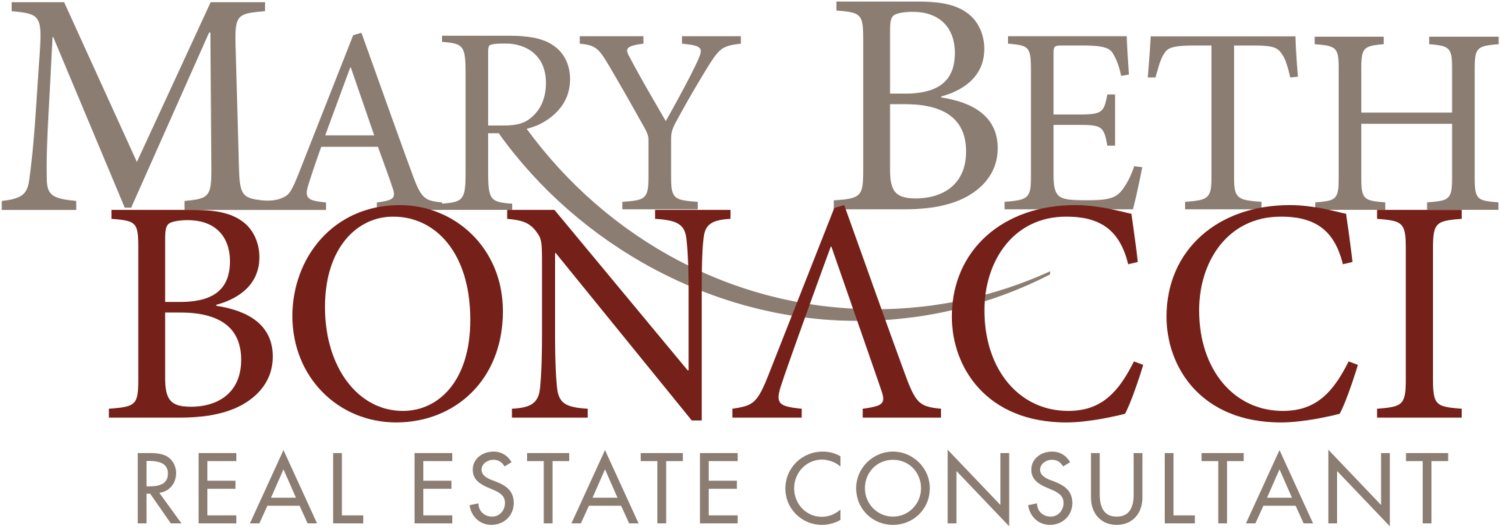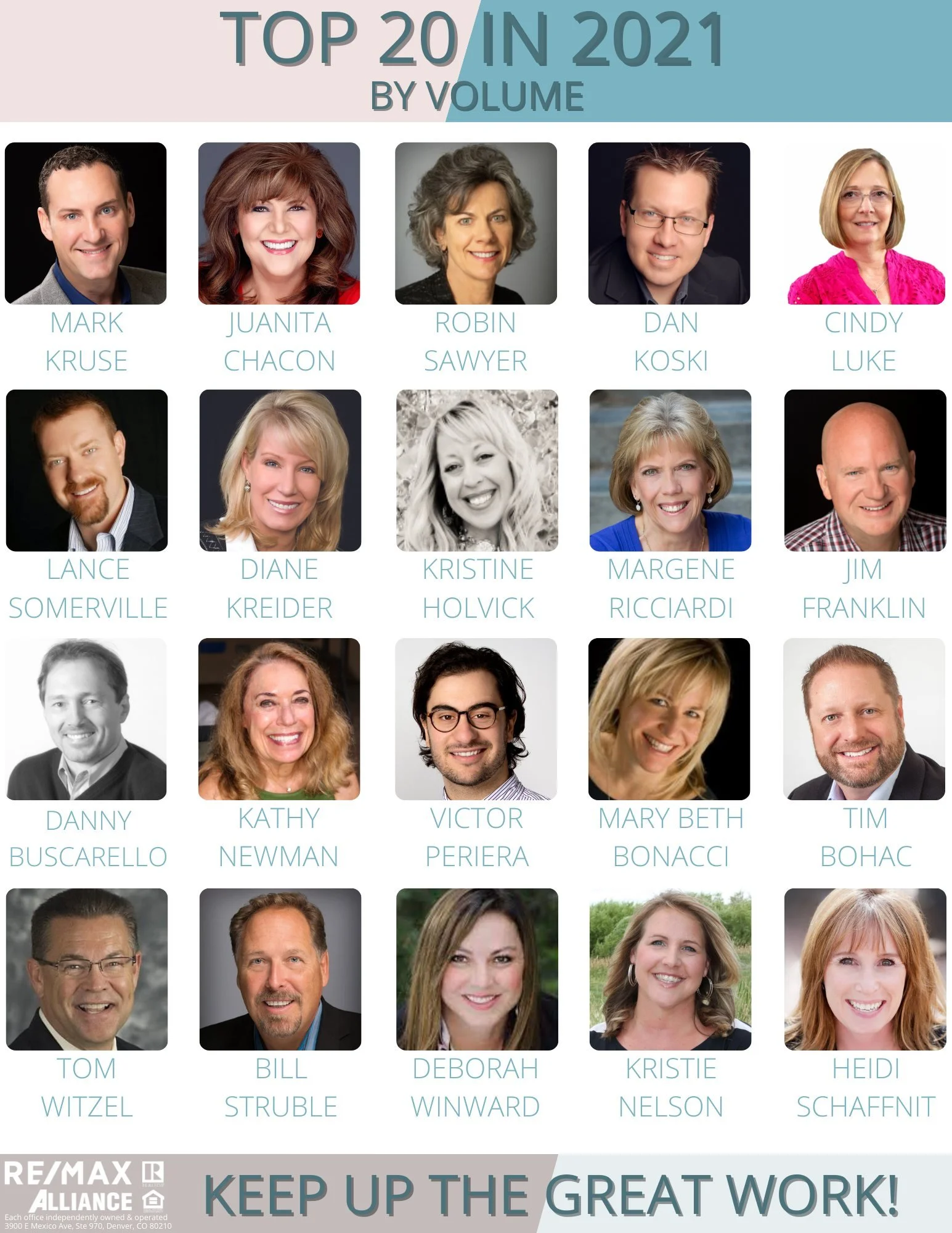Colorado History -- First Hand, Bonacci Style
/And now for something completely different: a little bit of Colorado history.
It all started a few years ago when I was down in Walsenburg (in southern Colorado) for my uncle's funeral. While I was down there I started thinking about my grandparents, who also lived in Walsenburg. Curious, I googled their names. MUCH to my astonishment, I stumbled over the transcripts of two very detailed interviews with my grandparents.
Just to clarify, my grandparents weren't the kind of people who gave a lot of interviews. They were an elderly couple living in a small town, retired from the little cafe they ran for nearly 25 years. But apparently, in 1979, a group of historians went to Huerfano County looking to interview former coal miners for a documentary they were producing on that most fascinating period of Colorado history. I knew about the documentary. It ran on PBS sometime in the 80's, and I have video clips of the two excerpts that featured my grandfather. I also knew that somebody, in the course of those interviews, discovered the treasure trove of history and entertainment that existed in the person of Dante Bonacci. They wound up producing a play called "Huerfano" based on his life. It debuted at the Museum of Colorado History in 1981, with my grandfather Dante sitting in the front row.
I knew all that. And I knew my grandfather's stories. I LOVED my grandfather's stories. Not so much for the history, which I wasn't particularly aware of in my childhood. I loved them for the sheer entertainment value. And because I loved my grandfather. And because he was the most eccentric, most dry-witted, most entertaining man I'd ever known.
But I didn't know that he was deeply involved in some of the most fascinating times in Colorado's history. I DO remember attending a Colorado History class in Junior High and thinking "My grandpa was there. But he tells it better." But even then I didn't appreciate the full significance of it all.
Grandpa arrived in Walsenburg from Lamamocoggno, Italy in 1913. He always said it was 1914, but the records my cousin found at Ellis Island -- more reliable than Dante's memory -- say otherwise. He showed up in the middle of the Ludlow Massacres. Miners at the Ludlow mine were striking, and the governor sent the militia down to break the strike. Violence ensued, culminating with the deaths of 11 women and children when the militia burned down a mining community tent.
Grandpa stepped right into the middle of the violence. He witnessed beatings, even shootings -- all as a bewildered 17 year old kid who spoke very little English. He went to work in the mines, and became a union organizer. I knew that he had been on strike several times, and afterward was black-balled for his role in the union. For a period after the strikes, he had to work under an assumed name. (His name may have also changed slightly at Ellis Island. He also traded birthdays with his sister back in Italy at one point. And one weekend when I was in college he insisted he was "Carlo." Names and birthdays are kind of fluid on that side of my family. My dad's name changed when he was a kid. My grandma's changed once or twice, and she managed to show up at her own funeral with a completely different name. I have no clue how.) But I didn't understand how interesting or important it was to be a union organizer in the world of Colorado coal mines, which were owned by Colorado Fuel and Iron (CF&I), which was owned by John D. Rockefeller.
I found out from these interviews that their 1927 strike was called by the I.W.W. (The Industrial Workers of the World, or the "Wobblies") to protest the executions of Sacco and Vanzetti. Grandpa put his shovel down that time too -- not because he was a Wobblie, nor because he was protesting the executions. Simply because he was a union man, and he didn't work when there was a strike.
My dad grew up in the coal mining camps until he was 13. That year -- 1936 -- my grandpa broke his back in a mine cave-in. After he recovered, he and my grandma opened "Dan and Jean's Busy Bee Cafe", which they ran until they retired in 1960.
Anyway, interviews with grandparents are probably a little like family pictures -- not the kind of thing you want to impose on outsiders unless they have some interest. These interviews are like gold to me. I can hear my grandfather's melodic Italian voice, his English still broken and heavily accented. I can see him interrupting my grandmother's interview by singing Italian songs and essentially hogging the spotlight. And I can see her beaming. She didn't mind. She adored him.
Anyway, for those who have any interest, the interviews are here:








